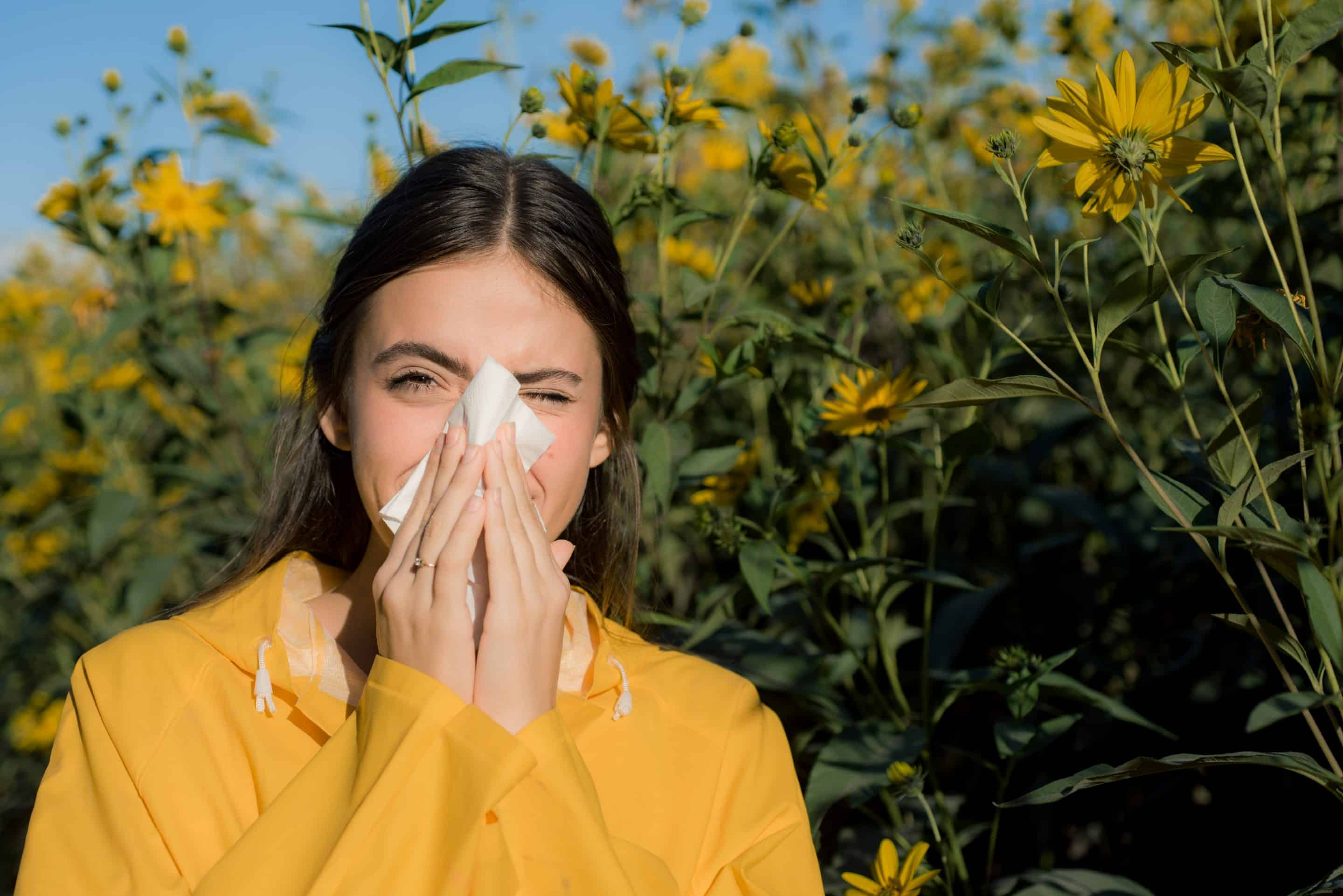
How to Reduce Your Allergies this Fall
Fall allergy season is rapidly approaching. For some, there might not be cause for concern, but for others, allergy season is among the most uncomfortable times of the year.
Allergies are the result of the immune system overreacting to foreign substances including pollen, bee venom, pet dander and more.
Allergies often reveal themselves through symptoms that may not have been previously present. Common symptoms include itchy eyes, runny nose, sneezing, hives, and coughing. Since these symptoms resemble symptoms of the common cold, it may be hard to determine if you are, in fact, experiencing seasonal allergies.
Seasonal Allergy Tips
We understand that allergies can be maddening. But there are things you can do to alleviate allergies. Here are our top tips for controlling seasonal allergies:
Reduce Exposure to Triggers
This one is simple. To relieve allergies, do what you can to limit exposure to things that may trigger your allergies. We suggest staying indoors on dry, windy days when allergens spike. We also recommend skipping lawn mowing, weed pulling and other yard work, which are likely to irritate your allergies. If possible, hire out that work or wait until a day with more favorable conditions.
Start Treatment Early
Begin taking allergy medication before symptoms begin to show. Several nonprescription medications are widely available and can ease symptoms, including nasal spray, decongestants, and oral antihistamines. By getting a head start, you can better control symptoms. If you know you’ll be outside later in the day, for example, take allergy medication before heading out.
Keep the Air Clean
Use an air purifier, dehumidifier, or air conditioner to decrease the number of allergens floating around indoors.
Wear a Face Mask
As we’ve learned over the last year in a half, wearing a face mask can help protect you from germs by blocking small particles from reaching your system. The same applies to seasonal allergens. Wearing a mask won’t completely protect you from exposure since pollen can still reach the eyes, but it should provide significant relief.
Focus on Keeping the Allergens Outside
If your allergies are bad, try removing your outer layers as soon as you go inside your home. Doing so can restrict the flow of pollen and other allergens that may have latched onto your clothing.
See Your Allergist
Cameron’s ENT and Allergy team can help identify your sensitivities and provide individualized care to help alleviate symptoms. “When it comes to seasonal allergies, our goal is to prevent patients from feeling defeated by their symptoms,” said Dr. Teresa King, board-certified otolaryngologist (ENT) at Cameron. “We can help you get back on your feet and living comfortably faster through personal treatment plans.”
Allergy Treatment at Cameron Hospital
Cameron Memorial Community Hospital offers an abundance of resources for individuals suffering from severe seasonal allergies. We use the latest technology to assist in the diagnosis and treatment of allergies. To learn more about our services, visit our website or call 1-800-942-9583.
©2024 Cameron Memorial Community Hospital
416 E. Maumee Street, Angola, IN 46703

Recent Comments